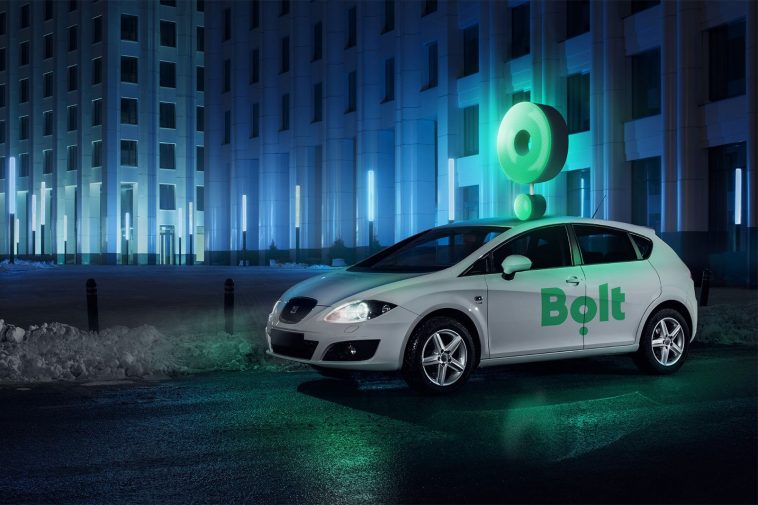After two months of ongoing fuel scarcity and a recent acknowledgement from the national petroleum corporation regarding its financial difficulties, Nigeria has raised fuel prices by 40%. At various fuel stations in Lagos, the pump price has surged to approximately ₦897 per liter, up from ₦610 just on Monday.
This marks the second significant fuel price increase for a nation that attempted to eliminate costly fuel subsidies in May 2023, when prices skyrocketed from around ₦200 per liter. The latest fuel hike, occurring for the second time in over a year, will inevitably increase operating costs for last-mile delivery companies and food delivery services. Gig drivers, who have faced a challenging year, are expected to be among the hardest hit.
In contrast to last-mile and food delivery companies that can transfer costs to customers, gig drivers lack the ability to set their own prices. Furthermore, ride services, which are still largely viewed as a luxury by many Nigerians, might see a decrease in demand if the price hikes are passed on to customers.
Ride-hailing platforms such as Bolt, Uber, and InDrive, which use algorithms to determine pricing, are cautious about substantial price increases in a nation where incomes are already strained.
Uber did not provide an immediate response to a request for comments.
“I now rely on public transportation and Uber for long distances, while I use public transport for shorter trips,” shared a product designer based in Lagos with TechCabal.
As customers adapt to these changes, gig drivers are also becoming pragmatic, facing rising maintenance costs due to record inflation—headline inflation accelerated to 34.19% in June 2024.
“It reached a point where I no longer accept rides that pay ₦1,500 or ₦2,000 because I understand the challenges I face to get fuel,” a gig driver, who preferred to remain anonymous, informed TechCabal.
In addition to pragmatism, gig drivers, who frequently need to meet daily targets to qualify for bonuses from ride-hailing companies, have been advocating for fare increases. Their strategies to push for higher fares have included warning strikes, discussions with ride-hailing companies, and conversations with government officials.
They are also requesting that these companies lower their commission on driver earnings from approximately 25% to 10%. It remains uncertain whether this margin is feasible for the companies involved. A similar scenario unfolded in Kenya, where drivers began to set their own ride prices.
“They must adjust their prices because they can’t expect drivers to generate profits for them while maintaining low fares. If they fail to raise fares, the drivers will become frustrated with the platform,” a gig driver explained to TechCabal.
The drivers and their partner companies find themselves in a fragile balance, with both sides impacted by Nigeria’s challenging macroeconomic conditions. While a price increase appears unavoidable, it is unlikely to enhance the drivers’ circumstances. In fact, the most probable outcome is an increase in tension between gig drivers and ride-hailing companies over the coming months.





